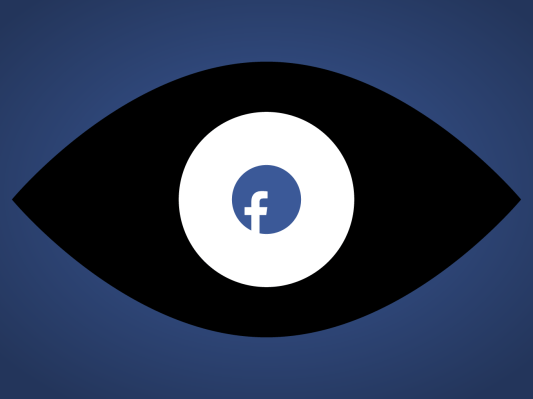Facebook has announced plans to purchase Oculus VR, the company behind the Rift headset, for around $2 billion in cash and stock. This includes $400 million, and 23.1 million Facebook shares. An additional $300 million earnout will be paid in cash and stock if Oculus hits certain unspecified milestones.
“I’m excited to announce that we’ve agreed to acquire Oculus VR, the leader in virtual reality technology,” said Facebook CEO Mark Zuckerberg in a statement today.
Our mission is to make the world more open and connected. For the past few years, this has mostly meant building mobile apps that help you share with the people you care about. We have a lot more to do on mobile, but at this point we feel we’re in a position where we can start focusing on what platforms will come next to enable even more useful, entertaining and personal experiences.
This is where Oculus comes in. They build virtual reality technology, like the Oculus Rift headset. When you put it on, you enter a completely immersive computer-generated environment, like a game or a movie scene or a place far away. The incredible thing about the technology is that you feel like you’re actually present in another place with other people. People who try it say it’s different from anything they’ve ever experienced in their lives.
Zuckerberg says that their efforts with Oculus will continue to focus on gaming initially, and that the company will continue to operate independently of Facebook. But after gaming, Zuckerberg says, they’re going to expand into a variety of other arenas.
“After games, we’re going to make Oculus a platform for many other experiences. Imagine enjoying a court side seat at a game, studying in a classroom of students and teachers all over the world or consulting with a doctor face-to-face — just by putting on goggles in your home,” he says. “This is really a new communication platform. By feeling truly present, you can share unbounded spaces and experiences with the people in your life. Imagine sharing not just moments with your friends online, but entire experiences and adventures.”
In a post on its blog, Oculus says that the benefits of the partnership might not be immediately visible.
At first glance, it might not seem obvious why Oculus is partnering with Facebook, a company focused on connecting people, investing in internet access for the world and pushing an open computing platform. But when you consider it more carefully, we’re culturally aligned with a focus on innovating and hiring the best and brightest; we believe communication drives new platforms; we want to contribute to a more open, connected world; and we both see virtual reality as the next step.
Most important, Facebook understands the potential for VR. Mark and his team share our vision for virtual reality’s potential to transform the way we learn, share, play, and communicate. Facebook is a company that believes that anything is possible with the right group of people, and we couldn’t agree more.
Facebook, of course, found early success with games. Social gaming is responsible for a lot of the growth and spread of Facebook as a platform, rather than just a social service. Acquiring Oculus could signal a variety of things, but being able to tap into what is potentially the next big gaming trend is likely one of them. In addition, Facebook has been aggressive about understanding and supporting mobile use cases — but only after an initial period of foot-dragging and desktop focus. If VR is “what’s next” then Facebook will want to tap the market early to avoid any transitional gaffes this time around.
The purchase is expected to close in Q2 of 2014. Oculus has taken over 75K orders for its virtual reality headset so far. Those headsets have been developer editions designed to get developers interested in playing around with VR technology. The most recent “Crystal Cove” prototype features a full 1080p display and more sensors to detect and position users in virtual environments.
Of course, if you pull the thread of virtual reality out really really far, you could see a future where we’re not talking about the percentage of time people spend on mobile vs. desktop. Instead, we’re talking about the amount of time that people spend in virtual reality versus actual reality. In that kind of landscape, Facebook starting in on VR early makes painfully obvious sense.
The company has received a total of $93.4 million in funding so far from Spark, Matrix, Founders Fund, Formation 8, BIG Ventures and Andreessen Horowitz. Oculus got a big boost in legitimacy recently when one of the founding fathers of 3D gaming, John Carmack, left id Software to become its CTO.
“Over the next 10 years, virtual reality will become ubiquitous, affordable, and transformative,” concludes the Oculus post, “and it begins with a truly next-generation gaming experience. This partnership ensures that the Oculus platform is coming, and that it’s going to change gaming forever.”
Image Credit: Bryce Durbin

